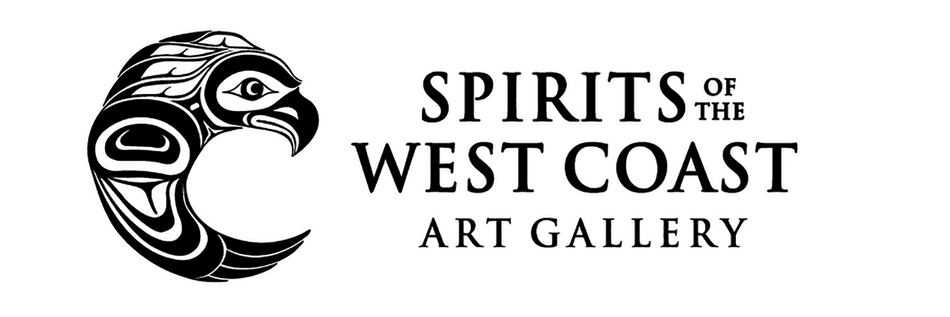
The Squamish language, Skwxwú7mesh snichim, is on the brink of extinction, with fewer than 10 fluent speakers remaining.
All B.C. First Nations face a similar reality, which is creating an urgent and growing interest among First Nations adults to learn, or relearn, their languages.
“The Truth and Reconciliation Commission’s call to action features the importance of language and culture and what universities can do to strengthen languages,” says Marianne Ignace, director of SFU’s First Nations Language Centre (FNLC).
“SFU has been working in this area since the ’90s, and we’re continuing to establish new language-learning partnerships with First Nations language groups.”
Last fall, the FNLC began offering more intensive language-training programs than it has in the past, all leading to a First Nations Language Proficiency Certificate.
“If we want to create fluent speakers before all the elders have disappeared, we must try out different and more intensive language-learning models,” says Ignace.
A new two-semester, full-time adult immersion program in the Squamish language, for example, began last fall at SFU’s downtown campus. It is a partnership between Kwi Awt Stelmexw, a not-for-profit organization from the Squamish Nation community, the FNLC and SFU’s Department of Linguistics.
The goal is to produce 15 fluent speakers each year to reach 157 by the year 2027.
Also last fall, in Penticton, the FNLC began offering intensive, full-time classes two days a week over two years to learn the Nsyilxcn (Okanagan) language. And in Dease Lake, B.C. a Tahltan language cohort began intensive language modules running in concentrated periods a few days at a time over two semesters.
As well, says Ignace, SFU continues to offer a variety of other language instruction programs, in cooperation with First Nations communities and language authorities, for many First Nations languages throughout B.C.




